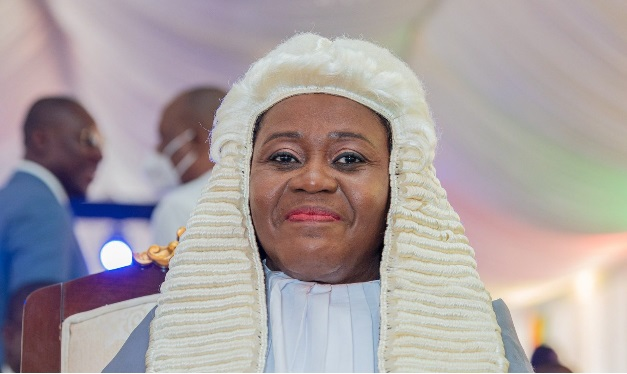The immediate past Attorney General, Godfred Yeboah Dame, has filed a lawsuit on behalf of Vincent Ekow Assafuah, Member of Parliament for Old Tafo, against the Attorney-General at the Supreme Court.
The suit challenges the procedural legality of President John Mahama’s actions regarding the potential removal of the Chief Justice.
Assafuah, acting as a concerned citizen under Article 2(1)(b) of the 1992 Constitution, is seeking several declarations from the Supreme Court, invoking its original jurisdiction to interpret constitutional provisions governing the removal of a Chief Justice.
The lawsuit argues that the President must notify the Chief Justice and obtain their comments before initiating consultation with the Council of State on the matter.
On Tuesday, the presidency announced that President Mahama had begun consulting the Council of State following three petitions submitted to his office, calling for the Chief Justice’s removal.
Key Reliefs Sought by Vincent Ekow Assafuah
The plaintiff is requesting the Supreme Court to declare that:
The President must notify the Chief Justice and obtain their comments before referring a removal petition to the Council of State, in line with Articles 146(1), (2), (4), (6), and (7), as well as Articles 23, 57(3), and 296 of the Constitution.
Failure to notify the Chief Justice before initiating consultation with the Council of State constitutes a violation of Article 146(6) and undermines the constitutional protection of the Chief Justice’s security of tenure.
Any omission in this process amounts to unjustified interference with the independence of the judiciary, contravening Articles 127(1) and (2) of the Constitution.
The President’s failure to obtain the Chief Justice’s comments before triggering the removal process violates the right to a fair hearing, rendering the consultation process null and void.
Any other reliefs the Court deems appropriate.
The Supreme Court is expected to hear the matter in the coming weeks, with the Attorney-General required to respond within 14 days of service.
READ ALSO:

